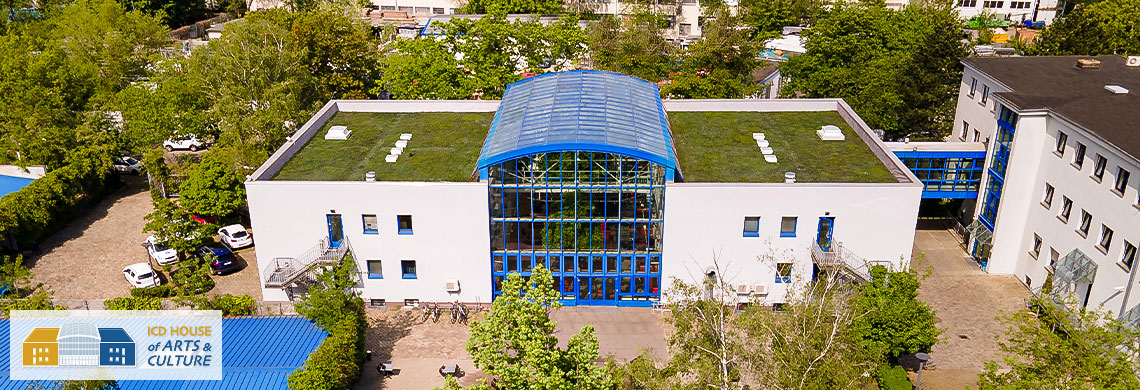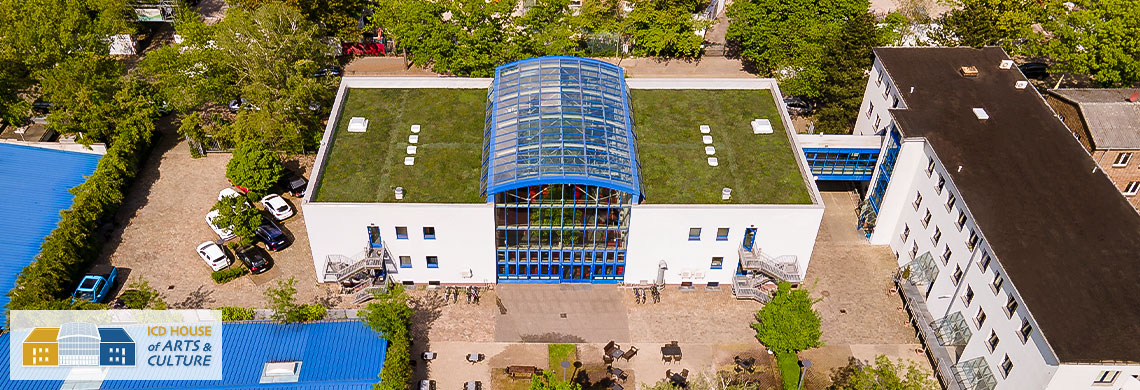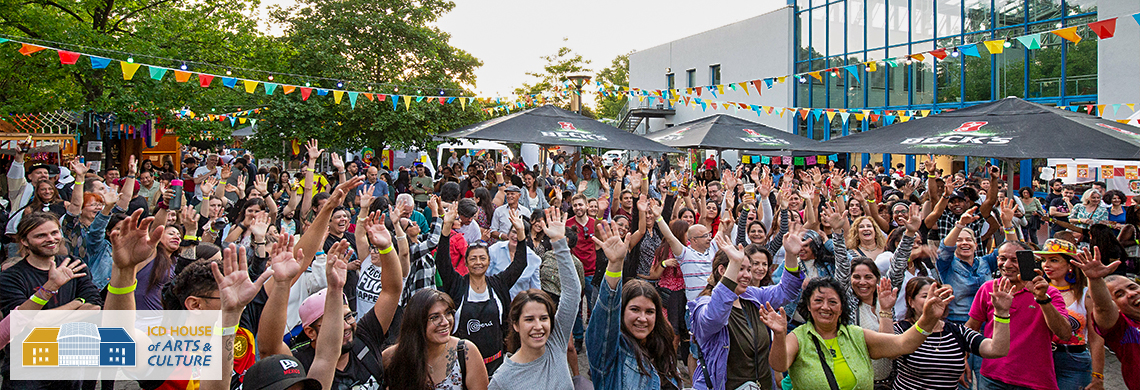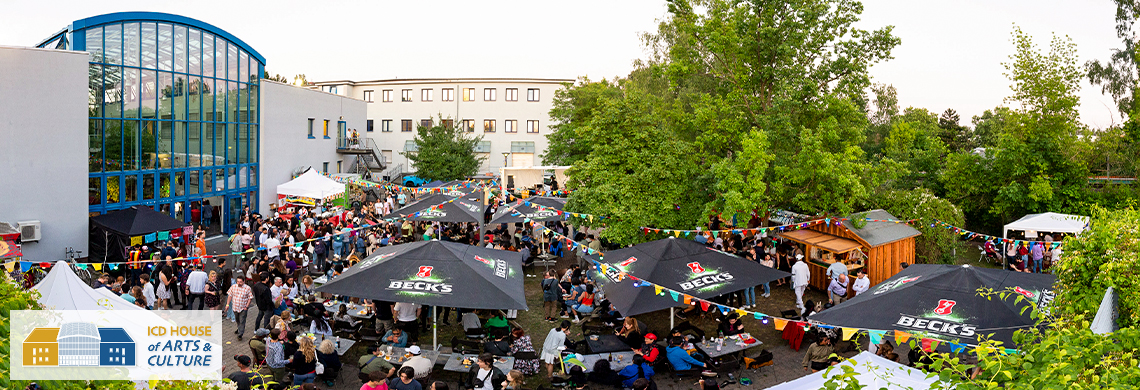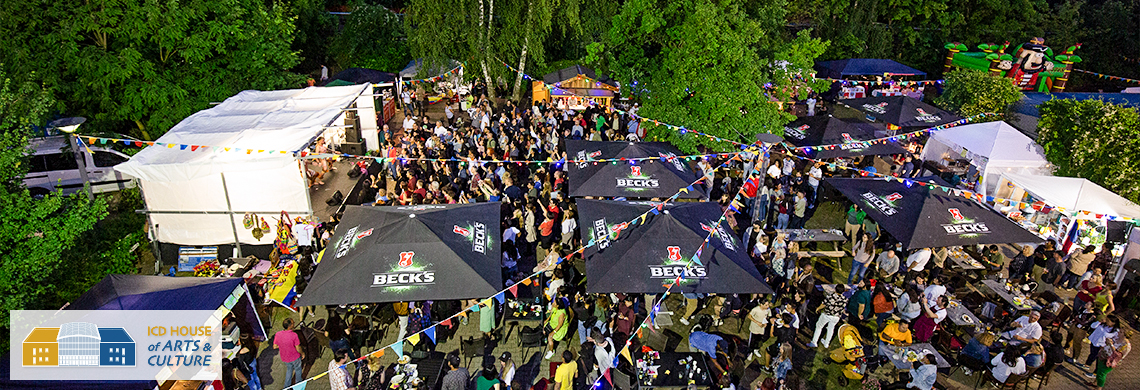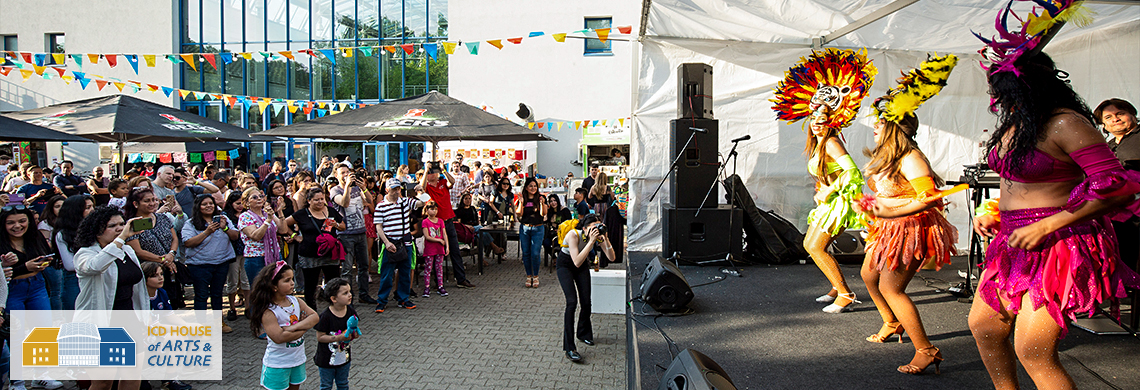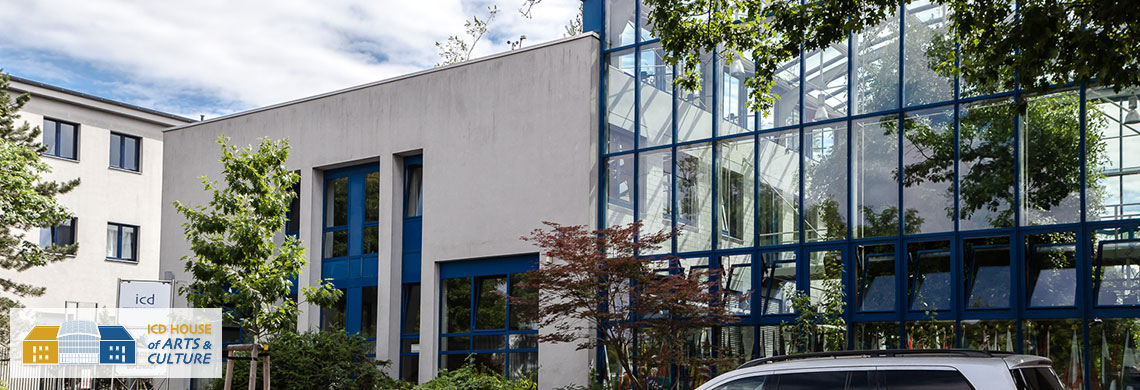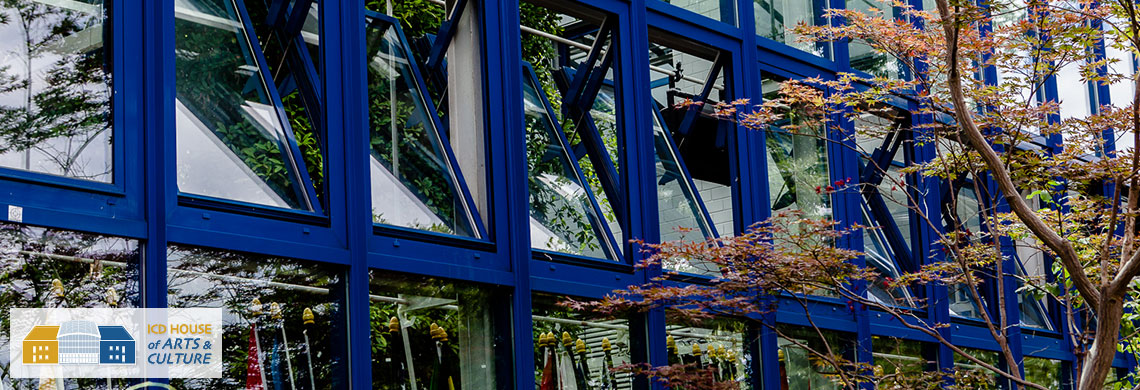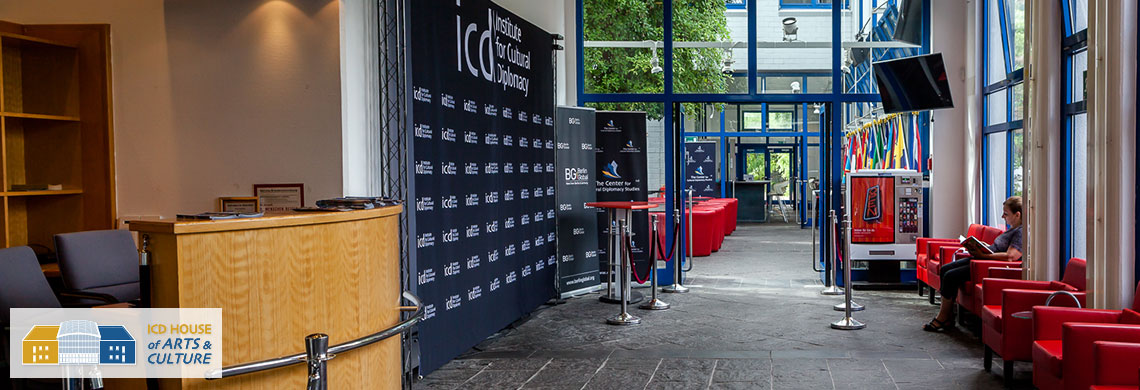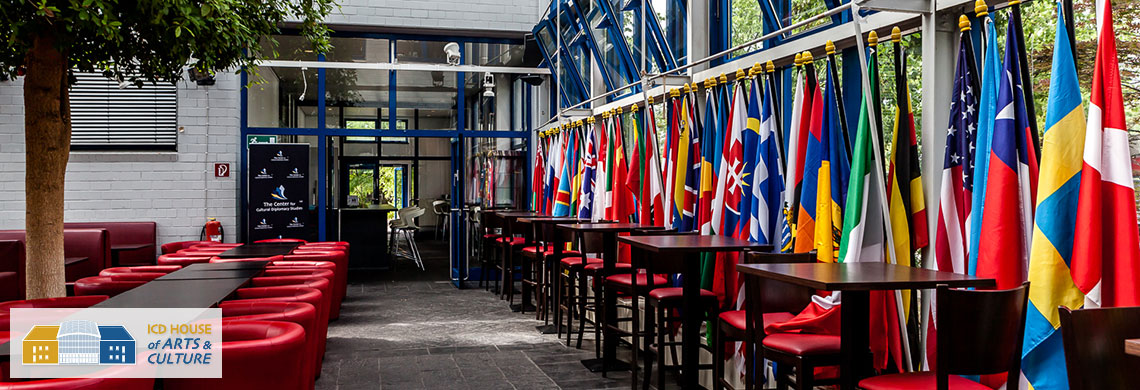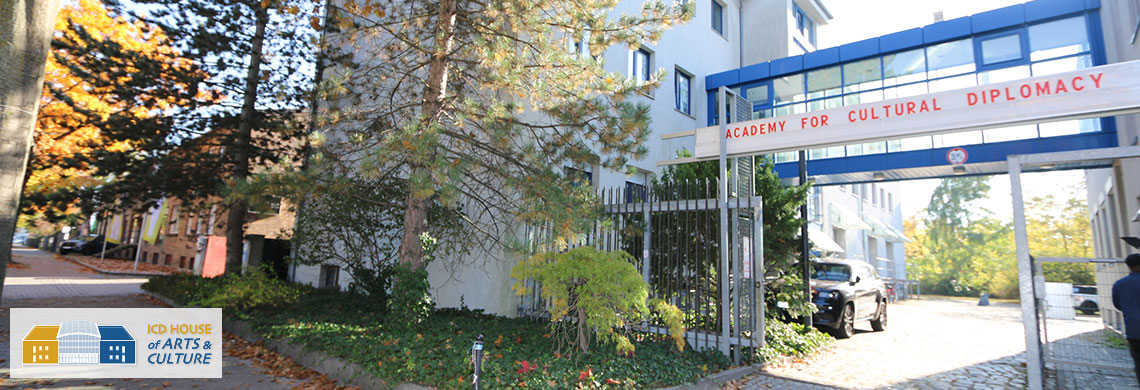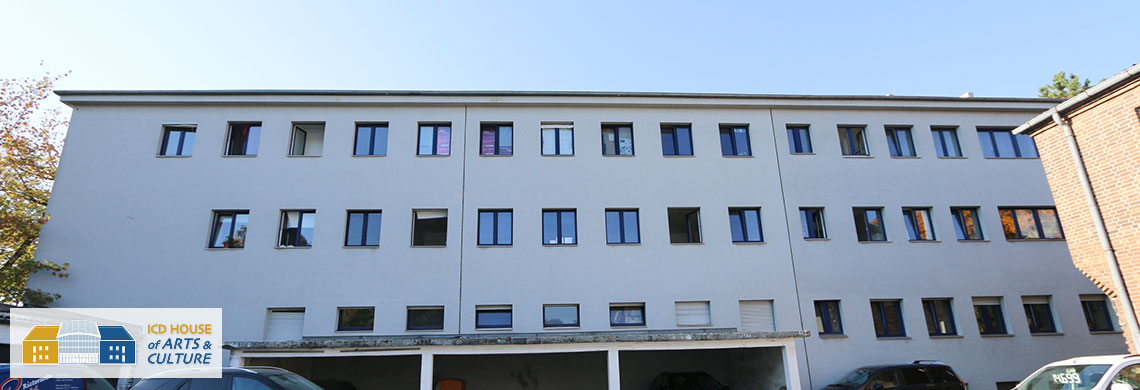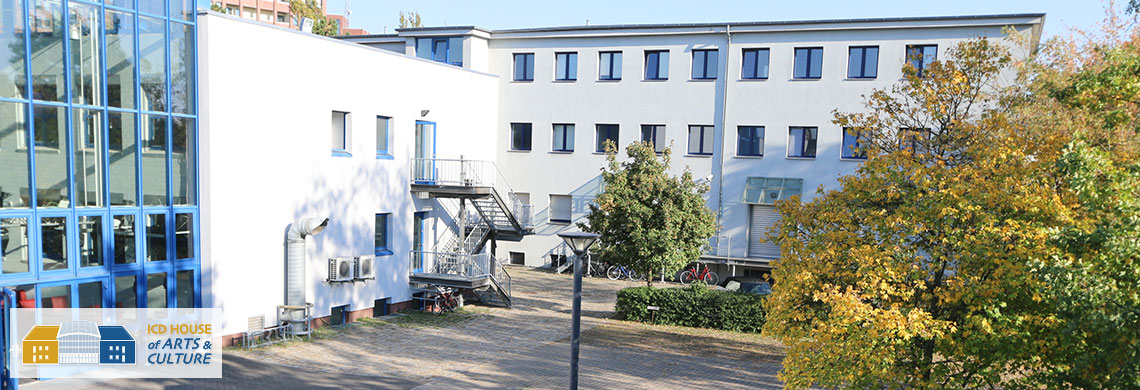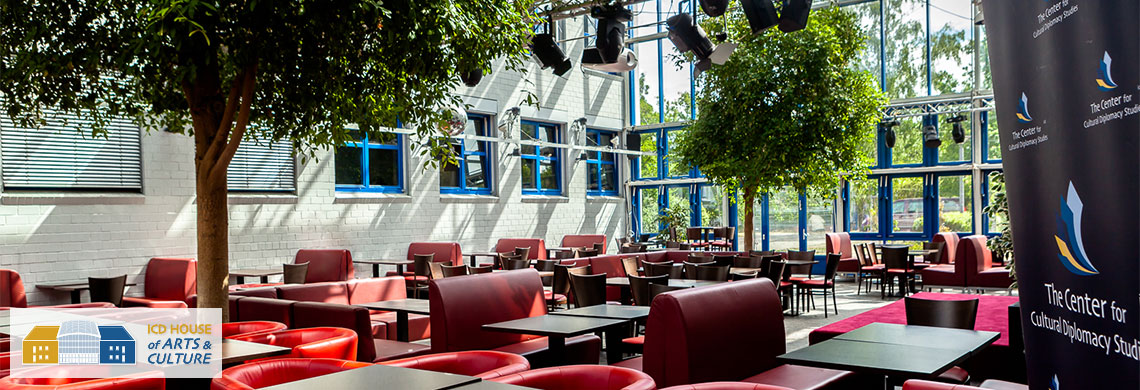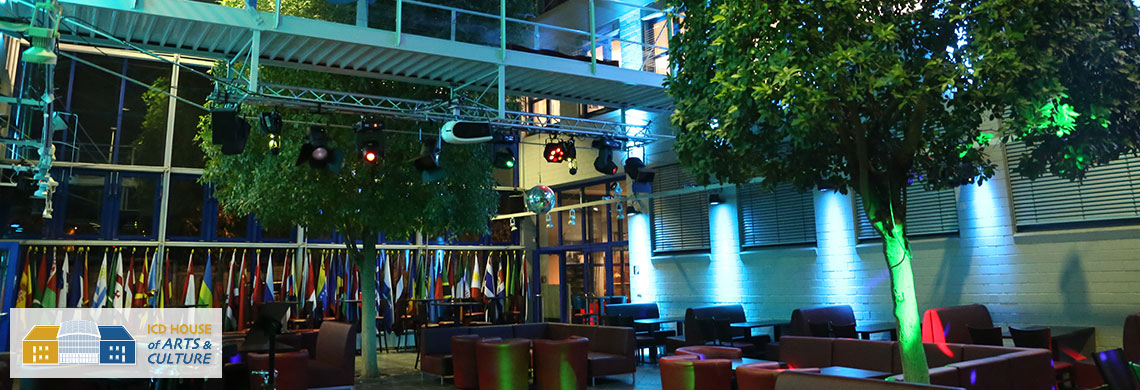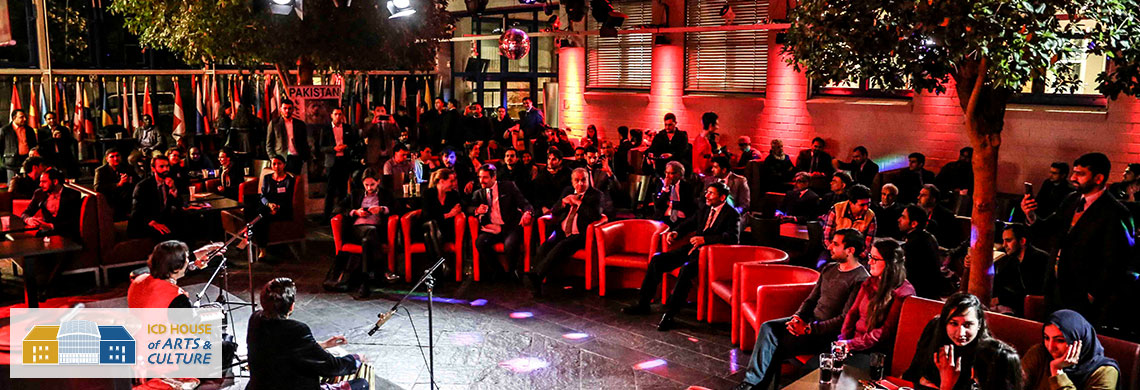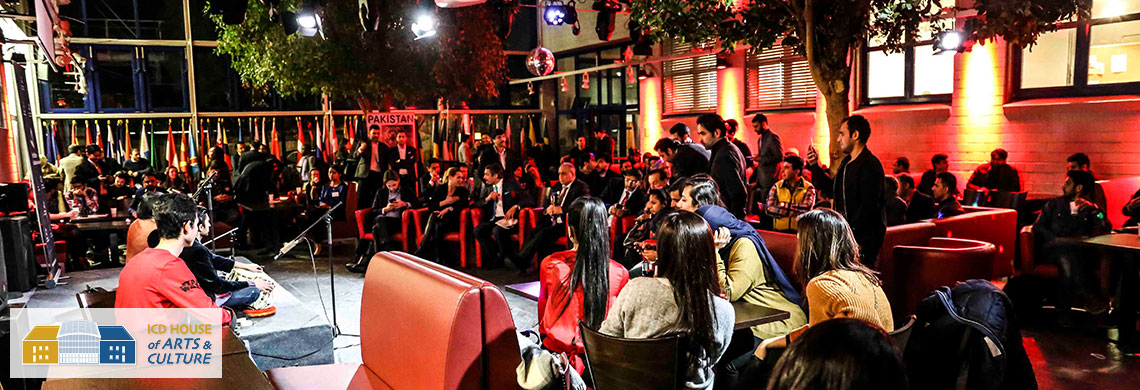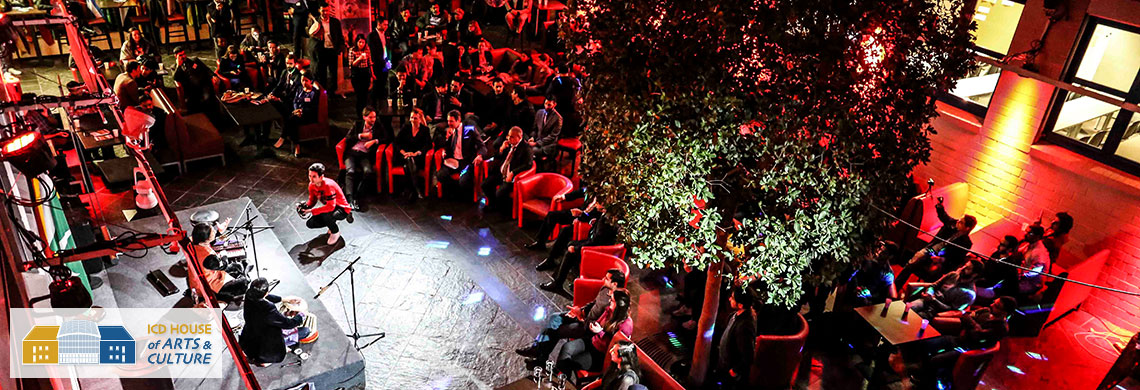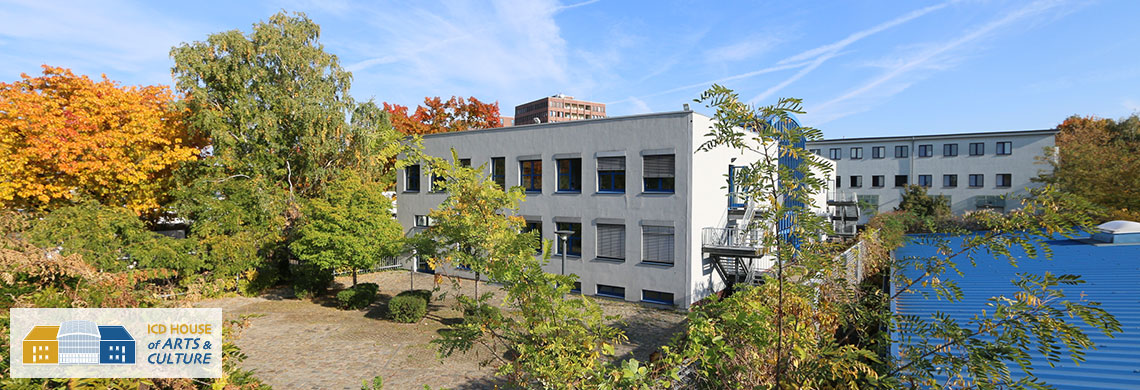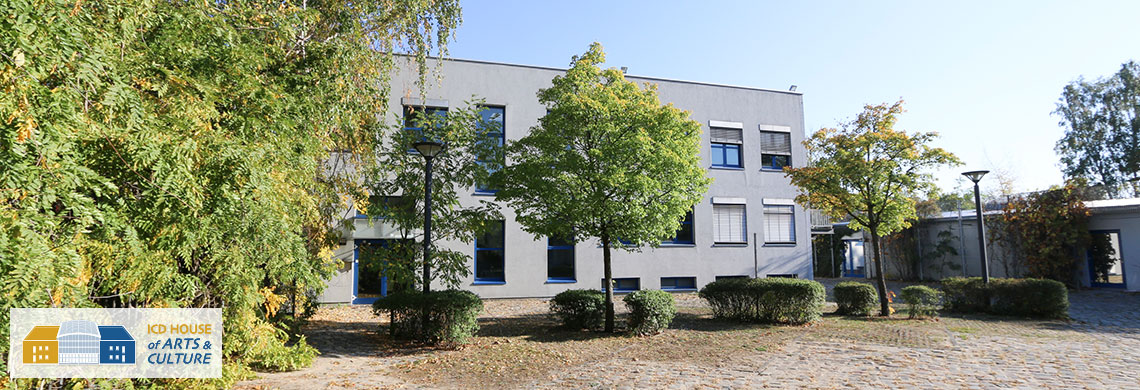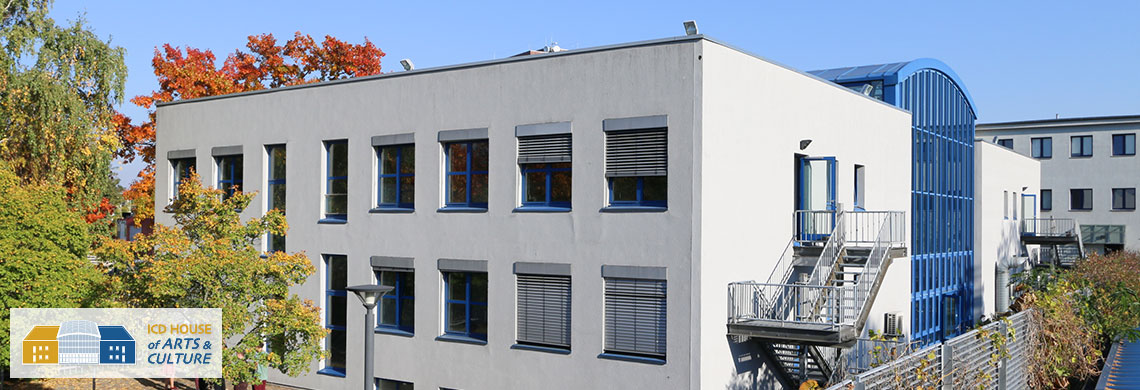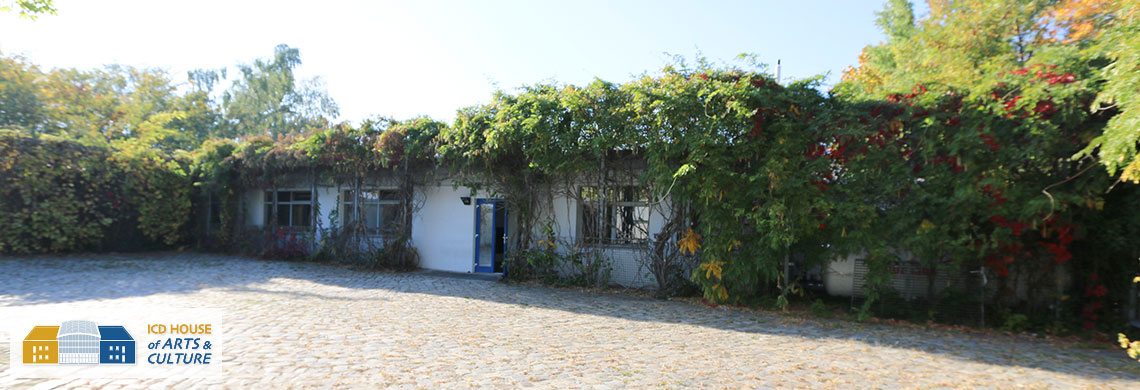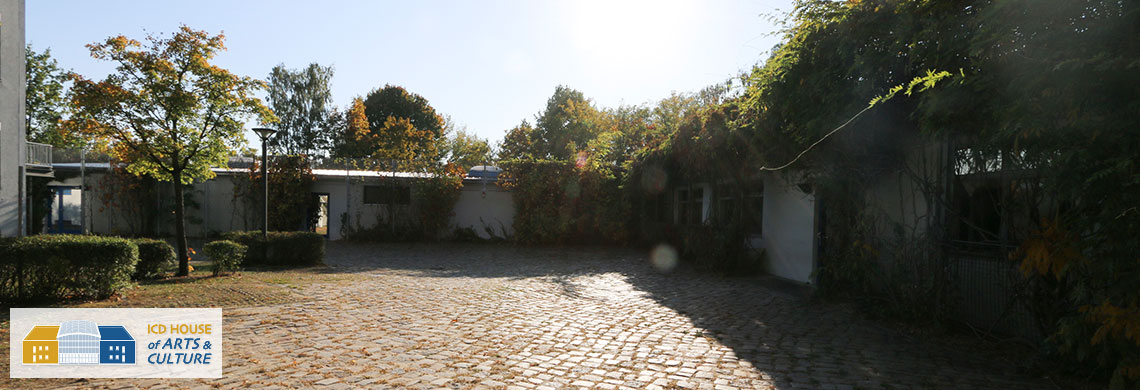| “Presentation of the World Academy of Art & Science” A Presentation and Interactive Discussion with Prof. Dr. Ivo Slaus (President of the World Academy of Art & Science) |
(Berlin, ICD House; April 15th, 2013) |
Dr. Slaus opened with an overview of the history of WAAS, explaining how after WWII the need arose for a change from solely national academies to international academies, as the world became more globalized and interconnected. Events surrounding the war had led to many distinguished scientific thinkers, including Albert Einstein and Robert Oppenheimer, becoming concerned about how new technologies were being misused- concerns which eventually led to the foundation of WAAS in 1960.
Dr. Slaus then briefly explained how WAAS functions as an Academy, mentioning its collaboration with the Club of Rome, its 600 fellows, and the constitution of the Academy. Dr. Slaus stressed the importance of the several meetings the WAAS holds each year, which bring together members and leading thinkers across a range of disciplines to discuss issues critical to the wellbeing of humankind. For example, their next meeting which will be held in May 2013 will be devoted to considering the potential catastrophe of nuclear arms and weapons of mass destruction. One of the key distinguishing features of WAAS is that it is unhindered by political restraints and other institutional boundaries, but is an entirely open forum for philosophical, scientific, and spiritual debate.
Following this, Dr. Slaus talked in-depth about the principal ideas and theories behind WAAS. An important belief of the Academy is that while it is positive that science is constantly and rapidly advancing, new technologies must also be handled with great care. He illustrated the fact that humans only understand about four percent of the universe, and highlighted the importance of continuing to strive to make new discoveries and deepen our knowledge about the world. To demonstrate the necessity of treating these discoveries with great consideration and respect, he pointed to humankind’s incapability to handle some revolutionary scientific discoveries, from the earlier misuse of x-ray technology to the current dilemma of mutually assured destruction (MAD).
The WAAS mission of fighting against science being used in a wasteful or destructive way and working to break down the intolerance and ignorance which causes this abuse of technology was analyzed and discussed in detail, with Dr. Slaus emphasizing that WAAS sees its purpose as unleashing the hidden potential of human capital in the world, which is at the moment being vastly under-exploited. He described the concept of human capital as encompassing not only elements of health and education, but also activity and connection with fellow human beings, citing this as being an exceptionally important part of human advancement.
The attendees were then given the opportunity to participate in a Question-and-Answer Session, which led to interesting discussions on topics including the role that Cultural Diplomacy can play in alleviating the strain of potential nuclear warfare. Dr. Slaus stated that he believes Cultural Diplomacy is a vital tool to be used in order to achieve peaceful resolutions of situations where countries are threatening the use of weapons of mass destruction, saying that with over five thousand different cultures and languages present in the world, Cultural Diplomacy has the potential to bridge gaps and overcome divides between them. The event was followed by a group photograph and a networking session, which gave the opportunity for the attendees to speak to Dr. Slaus in a more informal setting.
|
What is Cultural Diplomacy? |
Global Inequalities vs. Spread of Science |
The importance of Science for the Prevention of Genocide and Mass Atrocities |

